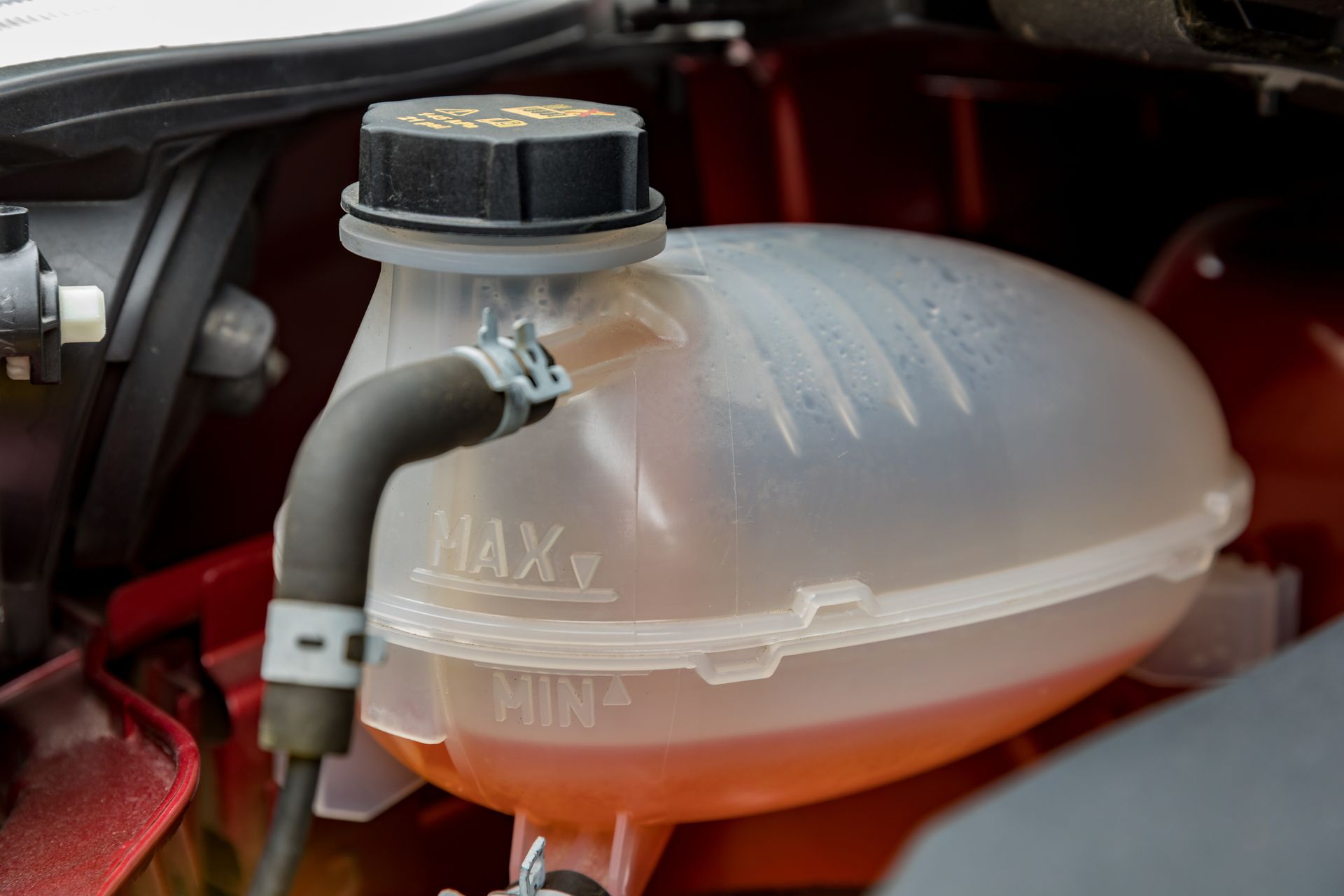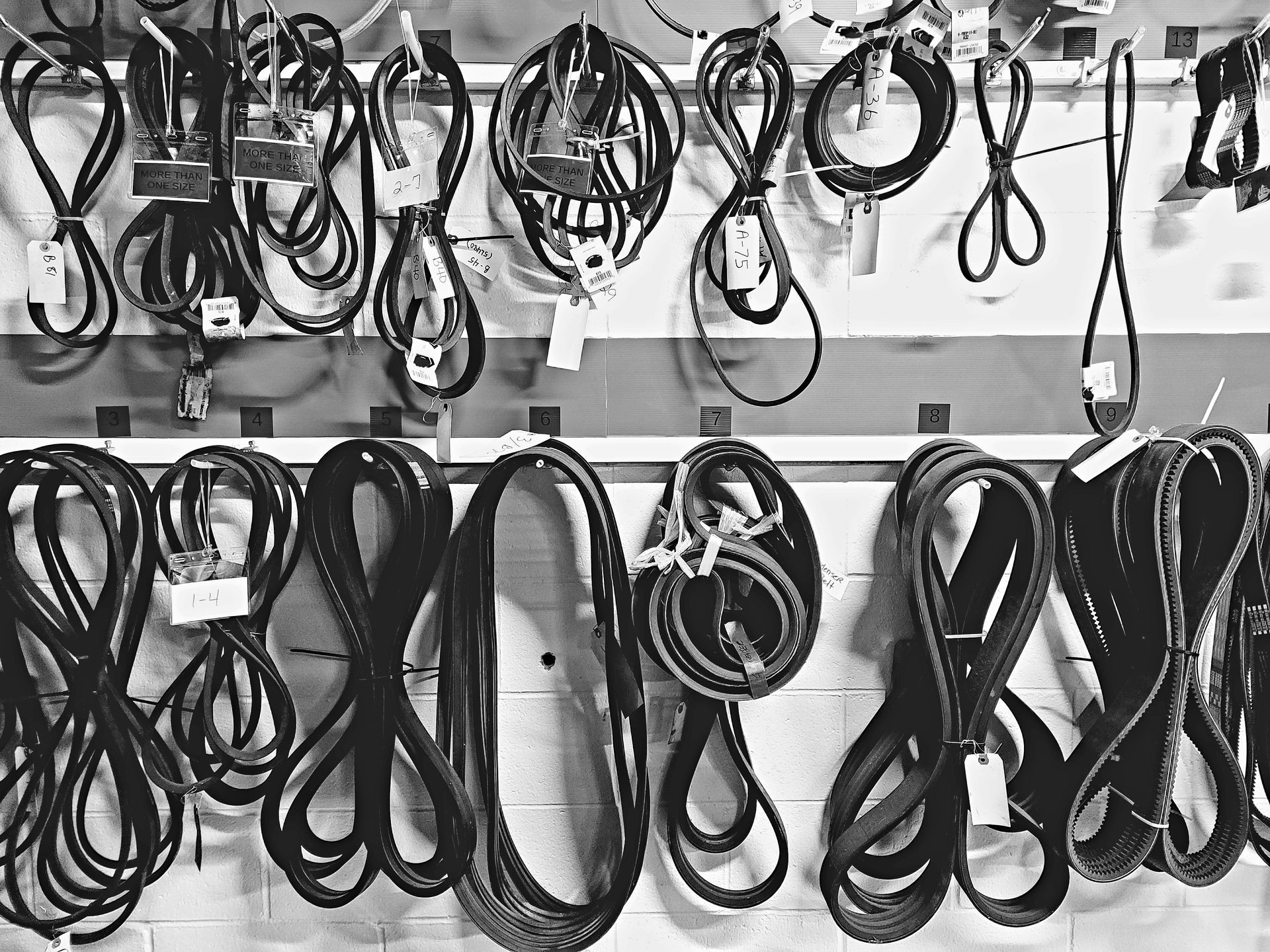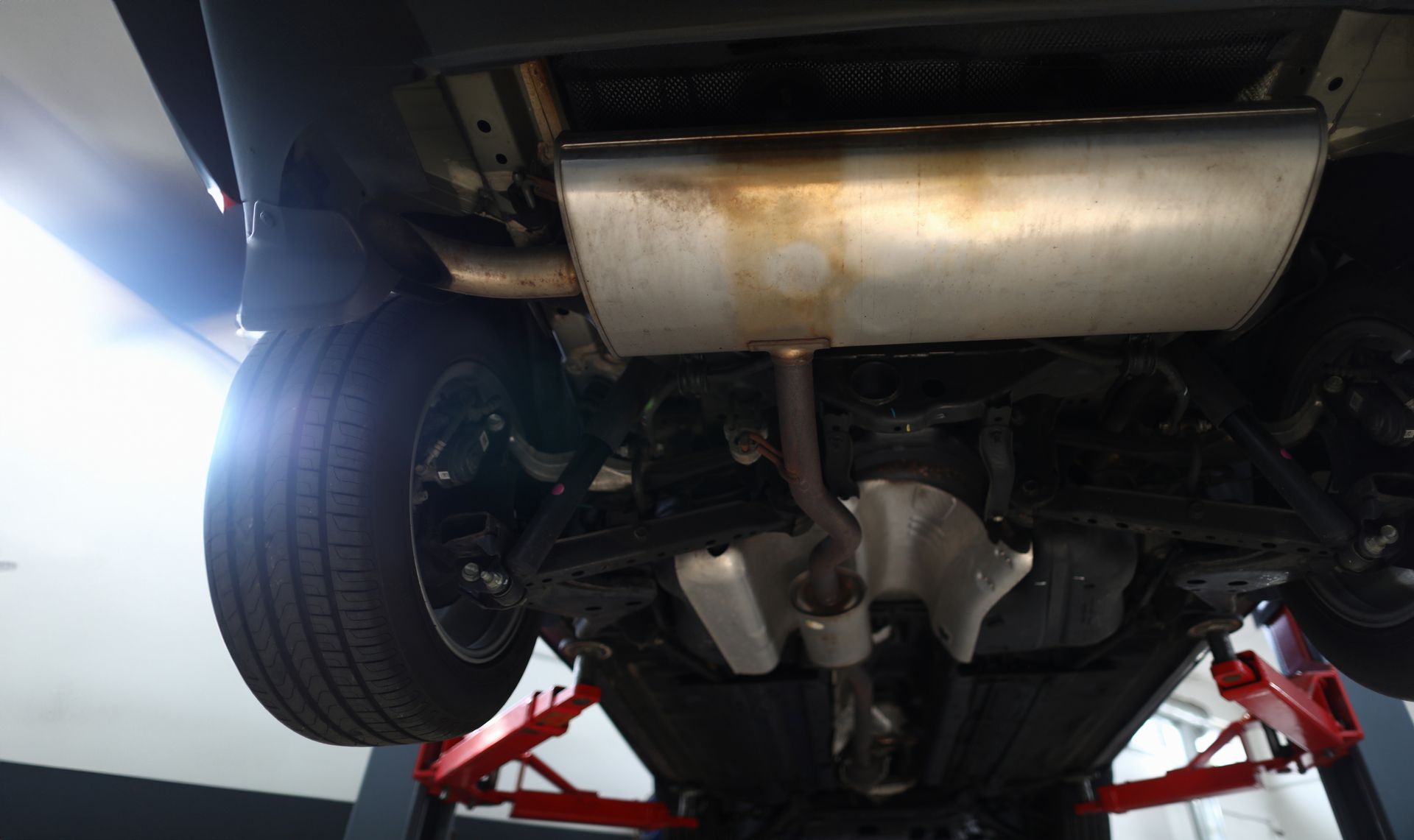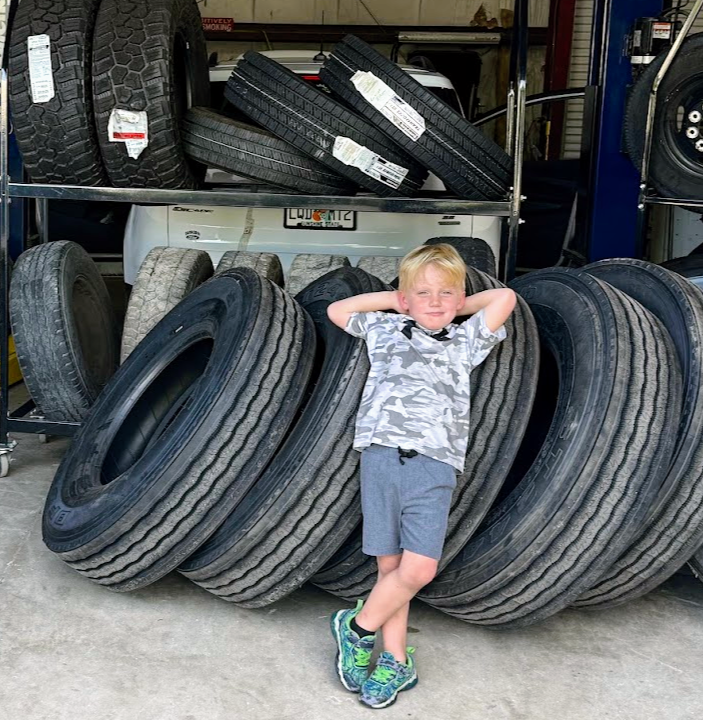Engine oil is essential for protecting your vehicle’s internal components, but like most things in automotive maintenance, balance is key. While running low on oil is a well-known danger, adding too much can be just as harmful. Overfilling your engine may seem like a harmless mistake, but it can lead to serious mechanical problems if not corrected quickly.
If you’ve recently topped off your oil and suspect it might be overfilled, or you’ve had an oil change and now notice something off, it’s worth knowing what to watch for. Here’s what happens when too much oil ends up in your engine and why it’s a problem that shouldn’t be ignored.
Too Much Oil Increases Internal Pressure
Your engine is designed to operate with a specific oil level. When too much oil is added, excess pressure inside the crankcase is created. This pressure can force oil into places it doesn’t belong, including seals and gaskets, which may start to leak under the strain.
What begins as a small leak can grow over time, leading to oil dripping onto hot engine parts or creating a mess in your driveway. In severe cases, blown seals or a damaged oil pan gasket may require costly repairs to restore the engine’s integrity.
Oil Can Foam and Lose Its Protective Properties
One of the biggest dangers of overfilling is aeration. When the crankshaft comes into contact with excess oil, it churns the liquid like a mixer. This whipping action creates foam, and foamy oil can’t lubricate engine parts properly.
Once the oil is full of air bubbles, it becomes less effective at reducing friction and heat. Internal components like bearings, pistons, and camshafts may start wearing prematurely due to the lack of proper lubrication. What starts as a minor overfill can quickly cause serious internal damage if the engine runs long enough under these conditions.
Catalytic Converter Damage Is a Real Risk
When excess oil makes its way past the piston rings, it can burn off in the combustion chamber. This process leads to blue exhaust smoke and increased oil consumption, but it can also harm the catalytic converter.
Catalytic converters are sensitive to unburned oil. The extra residue can clog or damage the ceramic element inside, which reduces efficiency and may trigger a check engine light. Replacing a catalytic converter isn’t cheap, and in many cases, it could’ve been avoided with a quick oil level correction.
Check Engine Light and Performance Issues
Some vehicles are equipped with oil level sensors or crankcase pressure monitors. When oil levels are too high, these sensors can trigger a warning light or put the engine into a reduced-power mode to prevent damage.
You may also notice rough idling, hesitation during acceleration, or other drivability concerns. These symptoms aren’t always linked directly to overfilled oil at first glance, which is why it’s important to consider recent maintenance if your vehicle suddenly starts acting up after an oil change.
How to Tell If the Engine Is Overfilled
The easiest way to check your oil level is by using the dipstick. Make sure the car is parked on level ground and has been off for a few minutes before pulling the dipstick. If the oil level is significantly above the maximum mark, that’s a clear sign it’s been overfilled.
Bringing your car to a repair shop ensures the oil is brought back to the proper level without risking spills, mess, or incorrect disposal. Our technicians will quickly and safely adjust the level and check for any related issues, helping you avoid bigger problems later.
Curry Truck & Auto – Oil Service You Can Trust in Venice, FL
Whether you’re driving a light-duty pickup or a workhorse fleet vehicle, our team at Curry Truck & Auto understands the importance of getting oil changes done right. With three locations in Venice, we’re here to make sure your engine stays properly protected without too much or too little. Think you might have too much oil in your engine?
Call us today or stop by for a quick check and get back on the road with confidence.












